In these Military Times reviews of current books you'll find debut novels by veterans, sensitive looks at suicide and stress, and, as always, more SEAL titles.
FIRST, THE FICTION
If you saw them on the street, you might look the other way.
Brad Skinner is a traumatized Army veteran of Iraq whose "Brad's-eye-view of the world" allows him to work out "on days when he could function" and makes him "get mad even when I'm trying to be nice." Zou Lei, whose father was a People's Liberation Army sergeant, is a Chinese Muslim immigrant scraping by as a dishwasher, fearful because "the smallest offense made you deportable."
Disenfranchised and disengaged by choice or by law, they meet on fire stairs outside a $2.75-a-plate noodle stand. Despite her broken-English preference "rather to be alone than take advantage from you" and his broken state that owes nothing "to anyone who hadn't shared this war," they bond — and so does the reader.
The ominous predicament is unpleasant, but the debut novel is powerful and poetic, dense with hard language and hard choices in Chinatown and Queens, where Skinner lives in a basement and allows his landlady's son to torment him.
The writer, who served honorably and briefly in the Marine Corps about 20 years ago, is the son of a noted New York editor but reportedly chose not to ask his father for help. It is hard to imagine how anybody could have made his book better.

"Green on Blue" by Elliot Ackerman
Photo Credit: Scribner
Ackerman's face is in Vanity Fair and Vogue, and his writing is in prestigious publications. He is a former White House Fellow and has a Silver Star for his Marine Corps service. Oh, and his mother is a novelist. You could say his first book is an anticipated work.
At ease. He meets and perhaps exceeds expectations.
This is a war novel in the precise words and concise view of Aziz, an Afghanistan youth. "The militants fought to protect us from the Americans, and the Americans fought to protect us from the militants," he says, "and being so protected, life was very dangerous."
When his older brother is hurt, Aziz must take a side — in a U.S.-funded militia — and eventually comes to wonder whether he is "the very thing I despised, that which I wished to destroy." His despair meets drama and duplicity, and green on blue — when a trainee assaults a trainer — turns into more than two colors.
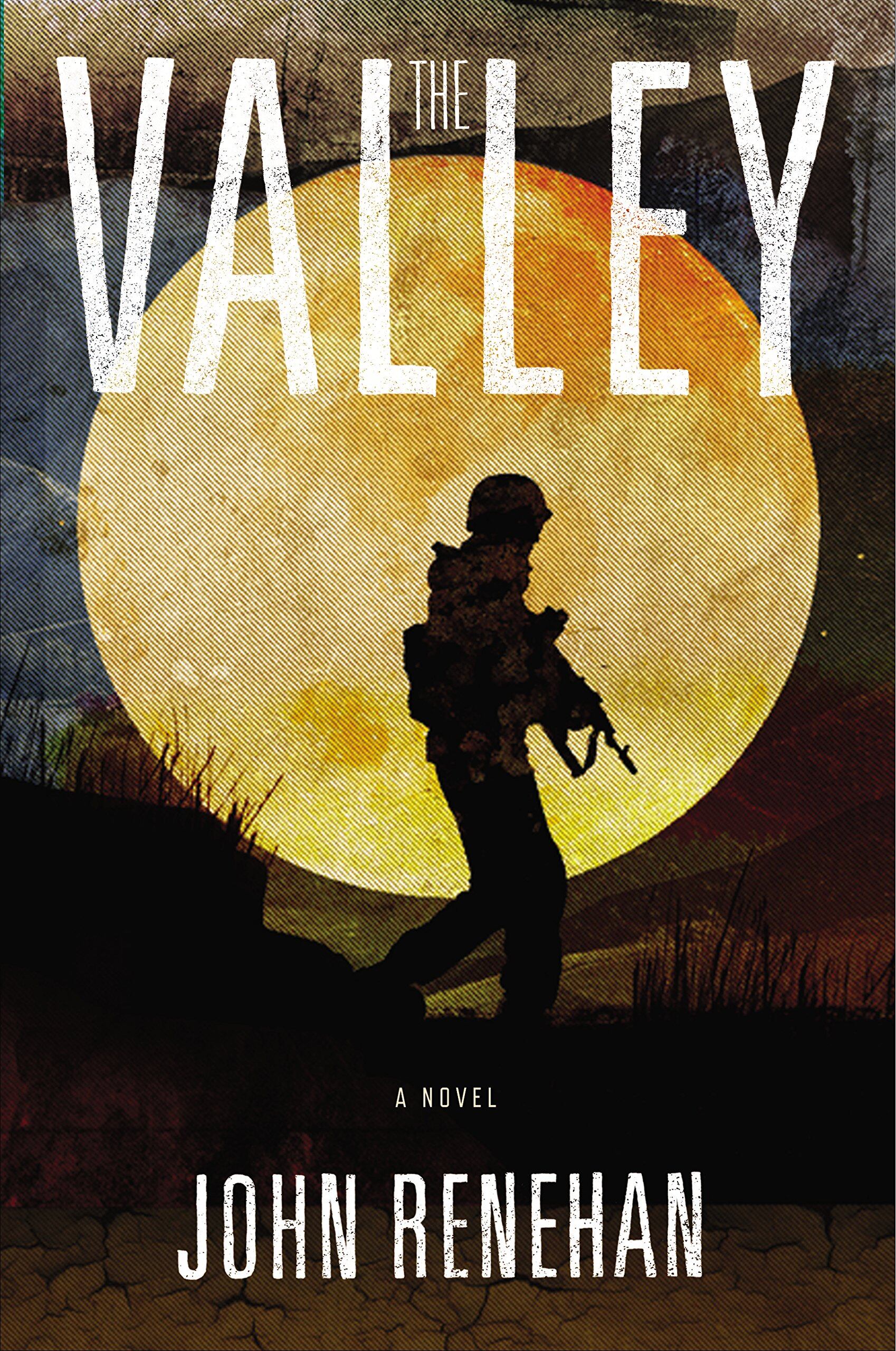
"The Valley" by John Renehan
Photo Credit: Dutton
The author served in Iraq but sets his debut novel in deepest and highest Afghanistan, in a premise that prompts comparisons to Joseph Conrad and Francis Ford Coppola. But his story, told with suspense and substance, stands alone.
Lt. Will Black is a "Lord of the Files" doing, behind his desk, "precisely the opposite of what he had imagined when he became an Army officer." In a surprise assignment he is sent to investigate misconduct in an obscure area, a Coleridge "Xanadu" where exasperated locals are mired in "alliances and breaking alliances and drugs and feuds and changing sides" – and some soldiers at Combat Outpost Vega are adapting well to the native habits.
What happens in Vega stays in Vega – until good Will's hunting yields "closet psycho freaks going for a little free play" in a "geostrategically significant piece of backyard" where mayhem mixes with morality in a page-turner mystery.
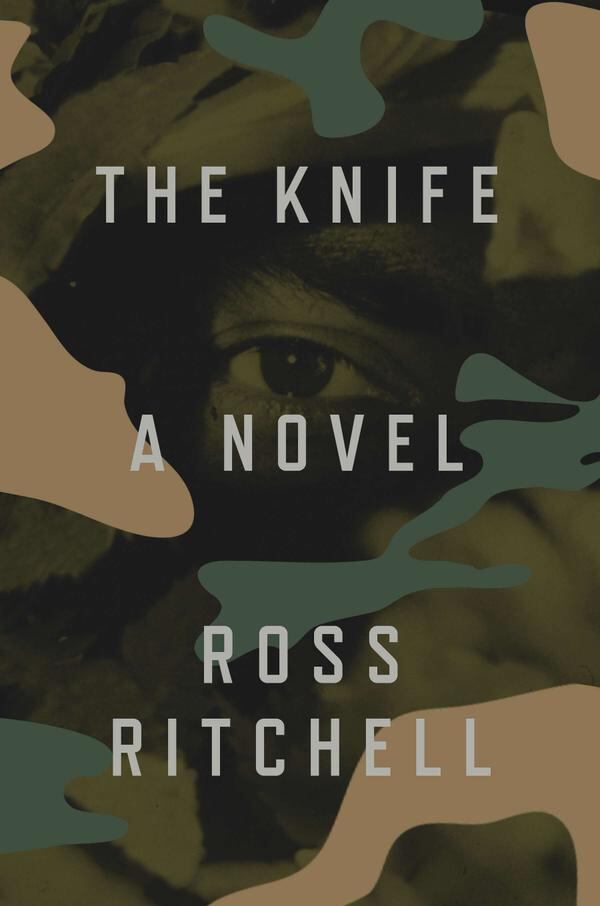
"The Knife" by Ross Ritchell
Photo Credit: Blue Rider Press
Special operators are "the knife of the military, expressly used to hunt down and eliminate terrorist networks throughout the world."
The world here is the not-so-ambiguously named mouthful, Afghanipakiraqistan, and the team leader is Dutch Shaw, which rhymes with chaw, of which there is a lot – along with dip spit, piss and snot, and crotches and nuts.
Besides CQ: textosterone, this first novel looks at bravery, CQ: comradery, futility and deception and indicates that the writer, a former soldier, has skill and potential.
His tale of Shaw and his men, who must find the center of a terrorist cell, is exciting and emotional. In one instance the guys save a boy from being used as a suicide bomber, and in another horrid situation must determine whether another boy is compromising a position or herding his goats. The decision symbolizes the dilemma that is war.
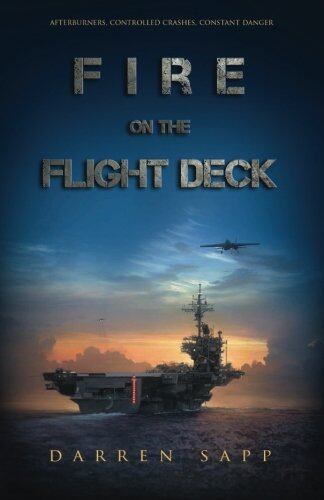
"Fire on the Flight Deck" by Darren Sapp
Photo Credit: Collins & Halsey
Sailor Brian Donley earns flying colors at boot camp and during a trial by fire aboard the USS William Halsey in the Navy veteran's first novel, which might resonate with aircraft-carrier personnel.
THE NONFICTION
"The Evil Hours: A Biography of Post-Traumatic Stress Disorder" by David J. Morris, Houghton Mifflin Harcourt, 352 pages, $27
This biography of a malady contains autobiography, too, and the combination is compelling, exploring theories, therapies and the "ennobling and degrading" dichotomy of combat, which builds brotherhood but can turn "men into dogs."

"The Evil Hours: A Biography of Post-Traumatic Stress Disorder" by David J. Morris
Photo Credit: Houghton Mifflin Harcourt
He borrows his title from World War I veteran Siegfried Sassoon, and he quotes other writers including Cormac McCarthy and Alice Sebold, a victim of rape — a subject the book also acknowledges. His take is thoughtful and thorough, including expansive footnotes.
After "over a decade of seemingly never-ending bloodshed," this history doubles as a call to action (similar to book below). His goal is to show trauma's "disintegrating effect on the entire psychological system," to show "what it looks and feels like from the inside." He succeeds.
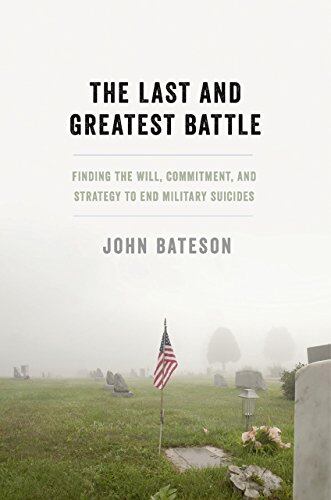
"The Last and Greatest Battle: Finding the Will, Commitment and Strategy to End Military Suicides" by John Bateson
Photo Credit: Oxford University Press
"Ever since the Civil War," writes the suicide-prevention specialist, "it has served the military well to lay the blame for a self-destroyed life on the individual rather than on his or her combat experiences."
Example after example — to the point of being nearly unbearable, which is probably Bateson's point — tallies stigma and sadness. In 1940, the British army tells wives not to worry "if your man screams at night." In a 1990 federal study of Vietnam veterans, "the word 'suicide' doesn't appear in any context." And at least 16 Army recruiters "have killed themselves since 2000."
Yet suicide remains "the most preventable form of death," and the cost of preventive care must "be included in the overall cost of preparing for and waging war." Also required: "A commitment to saving every individual who is at risk, not just the few who reach out for help." The book can help its credibility by placing Canandaigua Medical Center in Canandaigua, N.Y., not Rochester.
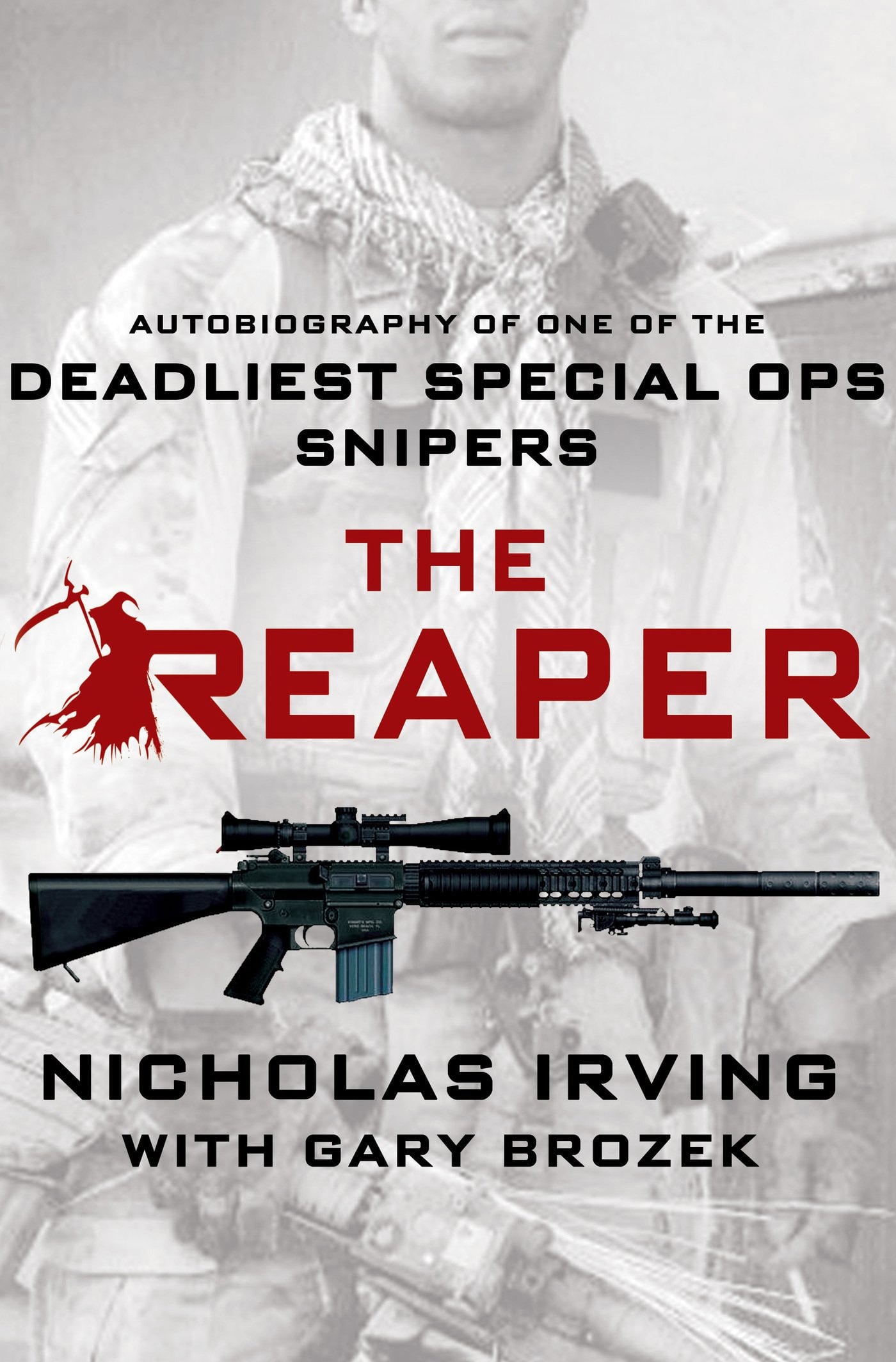
"The Reaper: Autobiography of One of the Deadliest Special Ops Snipers" by Nicholas Irving with Gary Brozek
Photo Credit: St. Martin's Press
The author and his prolific co-writer (see the "Team Dog" review below) present — in 12-point type, big for book text — a memoir that refreshingly relies on basics instead of bravado. "I was 23 years old," says the astounded African-American soldier, and "I'd killed 33 men in less than four months" in 2009.
The Ranger leads the way through inspiration ("a bad case of 'Navy SEALs'-itis" after the Charlie Sheen movie); candor (after he fails a Navy test, an Army nurse helps "me cheat my way out of the world of color blindness and into the military"); obsession (he puts 30 coats of paint on his rifle); academics ("If someone had told me that math would apply to sniping, I might have paid more attention"); fear (war "really does sometimes come down to one guy with a gun and another guy with a gun"); and humility ("Are you kidding me?" is his response when he hears: "They call you the Reaper now").
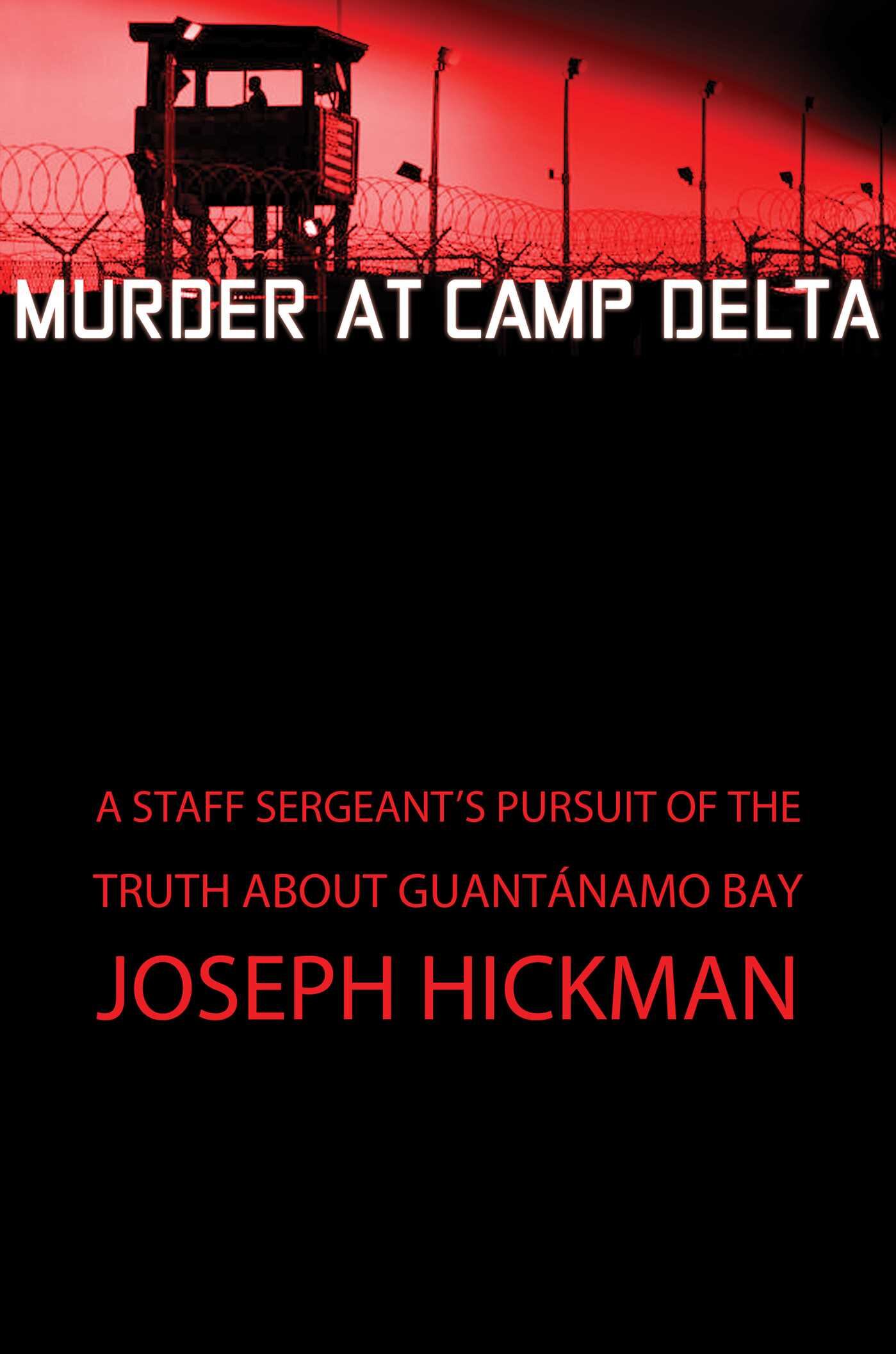
"Murder at Camp Delta: A Staff Sergeant's Pursuit of the Truth about Guantanamo Bay" by Joseph Hickman
Photo Credit: Simon & Schuster
The author enlists in the Marine Corps at 18, later enters the Army, joins the National Guard after Sept. 11, and in 2006 the 41-year-old, self-described "patriotic American" heads to Cuba for a year. At the naval base prison on that island, in "an intelligence operation where no normal military rules or codes applied," he sees maltreatment of detainees that prompts shame "both in myself and in my military."
What motivates Hickman is his "simple desire to reconcile what I'd witnessed at Gitmo the night of the deaths with the government's story" that maintains three prisoners committed suicide.
He convincingly presents his observations, independent research and the official word, but near the end says "I suspect the deaths of the three detainees were accidental — the result of a punishment session that went too far." That takes some sting out of the title but none from what he observes.
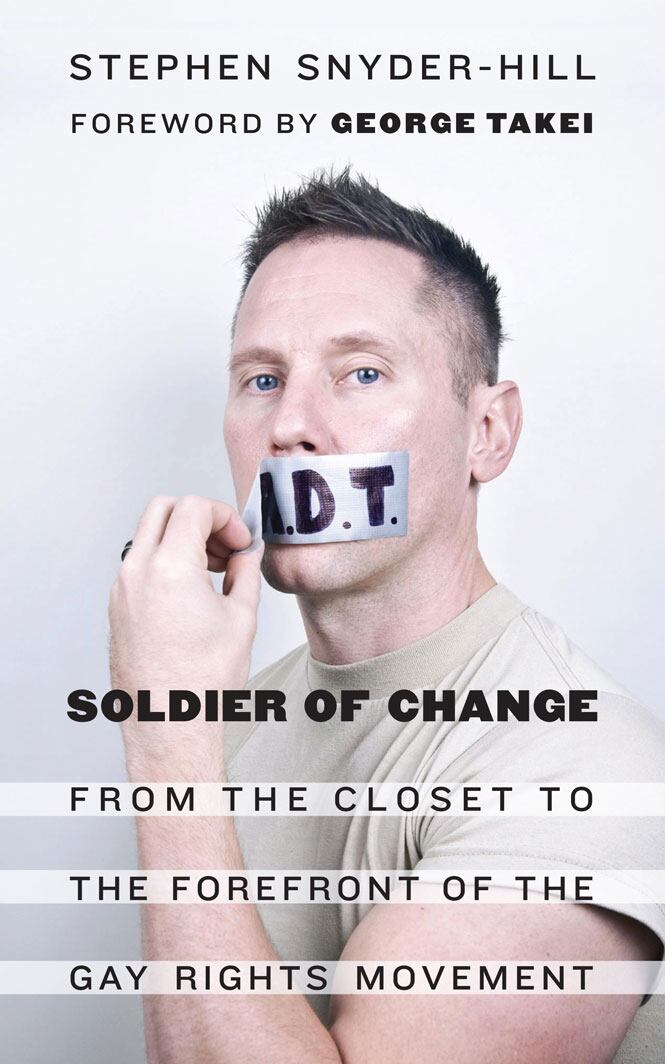
"Soldier of Change: From the Closet to the Forefront of the Gay Rights Movement" by Stephen Snyder-Hill, foreword by George Takei
Photo Credit: Potomac Books
Then-Captain Hill, now Major Snyder-Hill, is the soldier who, on videotape from Iraq in 2011, asked Republican candidates about "don't ask, don't tell" — and was booed by the Fox News debate audience.
This is his story of coming out, of going from active duty to activism, of serving for eight years and then reenlisting in 2001, from having a chaplain give him "four books on changing your sexuality through God" to hearing a colonel advise him that "I feel it would be a tragedy for you to not tell this story." He tells, nearly verbatim.
"Be Safe, Love Mom: A Military Mom's Stories of Courage, Comfort and Surviving Life on the Home Front" by Elaine Lowry Brye with Nan Gatewood Satter, PublicAffairs, 272 pages, $25.99
![635603707340491082-OFF-Be-Safe-Love-Mom[ID=23931557] ID=23931557](http://www.gannett-cdn.com/-mm-/ba0e3e96a28bdef3bbd4ac09bc0e5c0aee397dcb/c=0-49-985-789&r=115x86/local/-/media/2015/02/24/GGM/MilitaryTimes/635603707340491082-OFF-Be-Safe-Love-Mom.JPG)
For example: "Most people are not mind readers, and it really helps them if you tell them what kind of support you'd like."
"They Were Heroes: A Sergeant Major's Tribute to the Combat Marines of Iraq and Afghanistan" by David K. Devaney, USMC (ret.), Naval Institute Press, 274 pages, $34.95
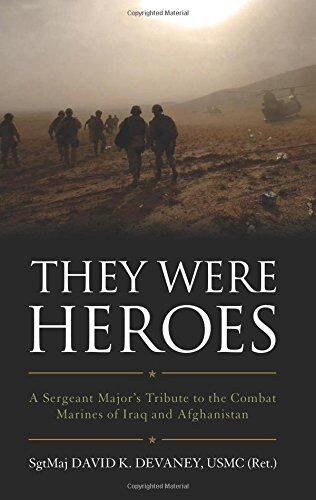
"They Were Heroes: A Sergeant Major's Tribute to the Combat Marines of Iraq and Afghanistan" by David K. Devaney, USMC (ret.)
Photo Credit: Naval Institute Press
ON THE SEAL SHELVES
"Resilience: Hard-Won Wisdom for Living a Better Life" by Eric Greitens, Houghton Mifflin Harcourt, 320 pages, $26
A skeptic might question how much "hard-won wisdom" a 40-year-old might be able to offer. But Greitens has credentials — as a Rhodes scholar, White House Fellow, founder of The Mission Continues and, before being a Navy SEAL, a volunteer in Bolivia, Bosnia, Cambodia, India and Rwanda.
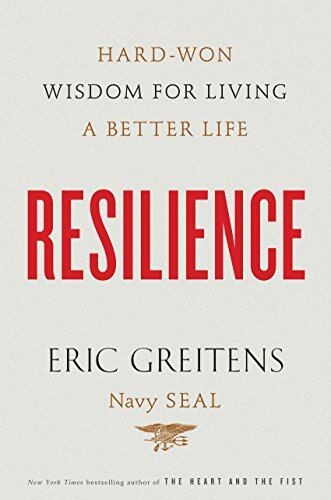
"Resilience: Hard-Won Wisdom for Living a Better Life" by Eric Greitens
Photo Credit: Houghton Mifflin Harcourt
Everyone has a frontline, a place of fear, struggle, suffering or hardship, and resilience "is the virtue that enables people to move through hardship and become better." However, resilience "is not a path to perfection," he tells the aptly named Walker. "Instead, we seek to be resilient in the face of life's imperfect reality."
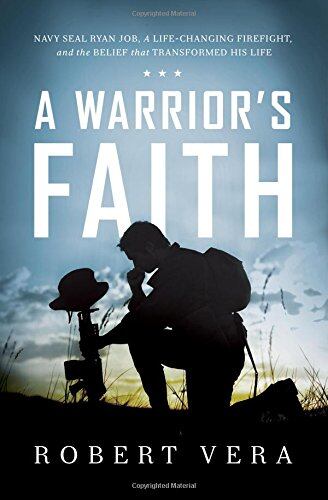
"A Warrior's Faith: A Decorated Navy SEAL, a Brutal Firefight, and the Belief That Transformed His Life" by Robert Vera
Photo Credit: Nelson Books
Besides the pronunciation of their names, there are "amazing parallels between the life of Ryan Job and the Job in the Bible," writes the SEAL's civilian friend and running partner. Like Job, Ryan is tested. He is wounded and blinded in Ramadi.
Despite the disability, he moves other mountain hikers with his agility and inner and outer strength, and he becomes a "fully engaged, unfettered participant in faith" until his 2009 death — the result of a hospital's medication error. Ryan figures in his buddy Chris Kyle's "American Sniper," but curiously, he is not the figure in this eulogy's cover image.
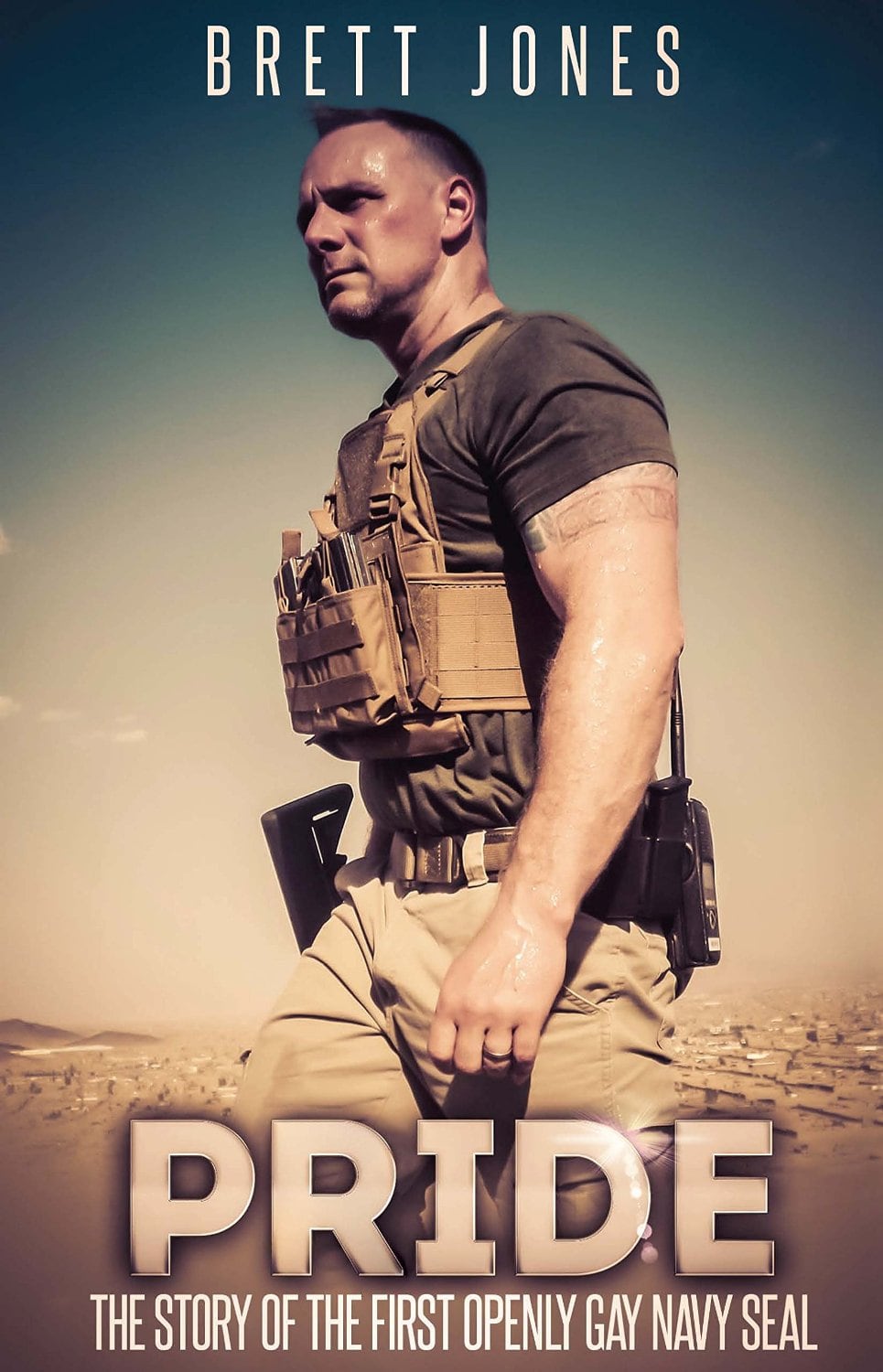
"Pride: The Story of the First Openly Gay Navy SEAL" by Brett Jones
Photo Credit: Dog Ear Publishing
An Air Force brat tells his story without fuss:
During high school his parents learn he is gay and give him $300 and "instructions never to return." He decides to "accomplish what tens of thousands of straight men had failed to do" and completes BUD/S training on his second attempt.
He serves and deploys. Then another sailor listens to Jones' phone message to his Navy boyfriend, and "that was all the Navy needed" to investigate under "don't ask, don't tell (DADT)." His SEAL brothers are "surprisingly supportive" and charges are dropped.
Jones leaves anyway because — eight years before the repeal of DADT — "it will be a matter of time before they find another way to kick me out."

"Team Dog: How to Train Your Dog — the Navy SEAL Way" by Mike Ritland with Gary Brozek
Photo Credit: G.P. Putnam's Sons
Sit, reader, sit. The "lax, permissive attitude that exists in our schools, our homes and our society in general has trickled down into how we interact with our pets," says the former SEAL who wrote "Trident K9 Warriors" (2013) with busy Brozek (see "The Reaper" review).
Potential canine owners must "go through as rigorous a selection process as possible to identify the best candidate" — similar to BUD/S selection. "To train your dog the Navy SEAL way," you must "remain calm, keep your focus directed" and "be forceful in communicating your expectations."
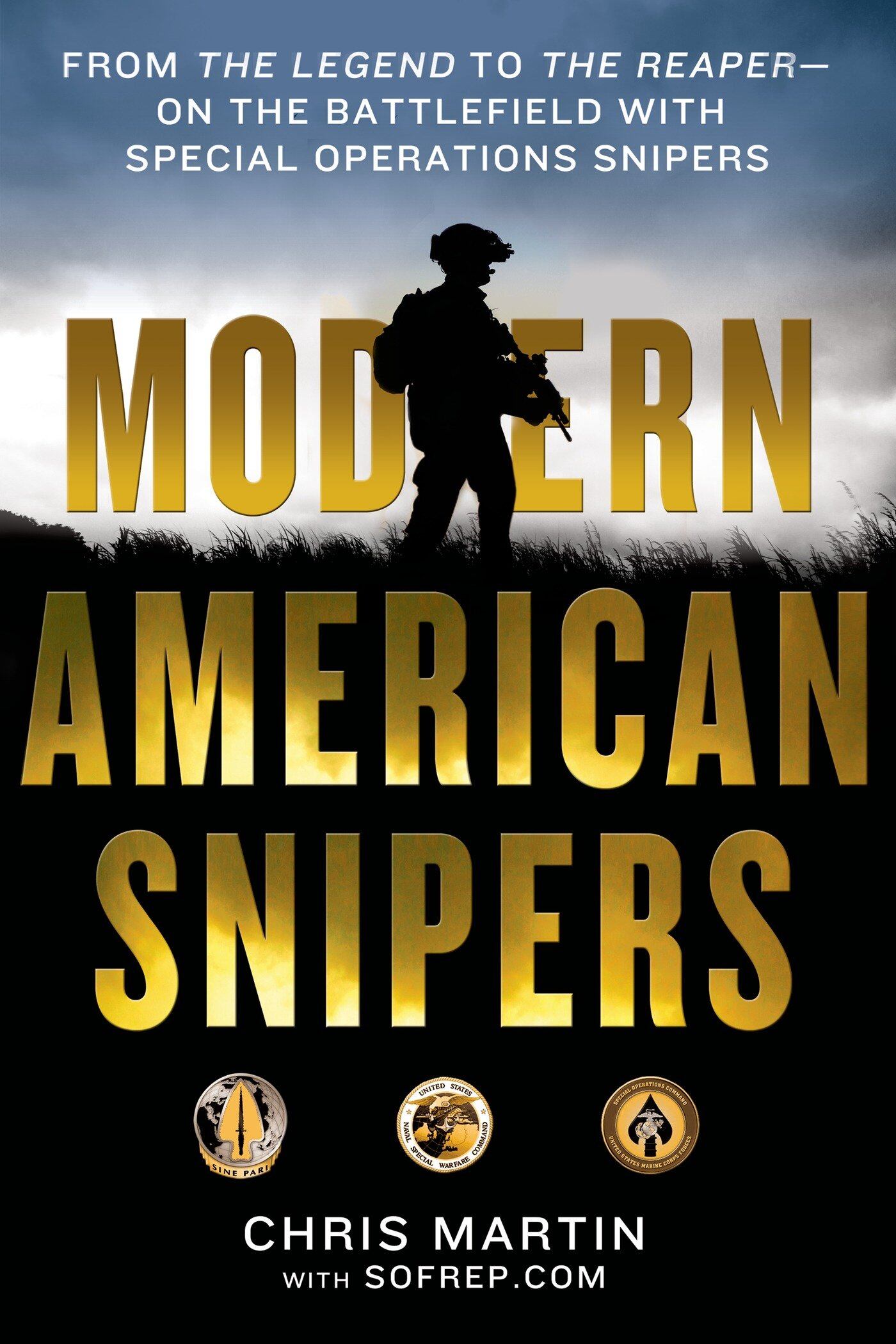
"Modern American Snipers: From The Legend to The Reaper — on the Battlefield with Special Operations Snipers" by Chris Martin
Photo Credit: St. Martin's Press
Special-operations snipers are responsible for "the most outrageously disproportionate contributions of any troops throughout the Global War on Terror," and the SOFREP.com writer tries to make his case in this compendium of special-forces stars.
Readers not familiar with bestsellers by the late Chris Kyle ("The Legend" of the title) or his fellow SEAL Howard Wasdin or new Ranger author Nicholas Irving ("The Reaper" of the title; see review above) might be drawn to this mashup, but might find more jargon than gist.
One eight-line segment has a dozen abbreviations or labels, enough to send any reader to the glossary — if there were one.





